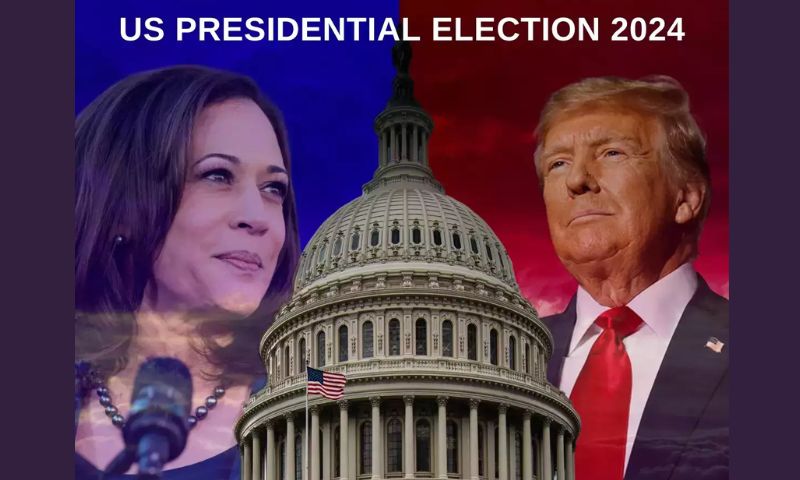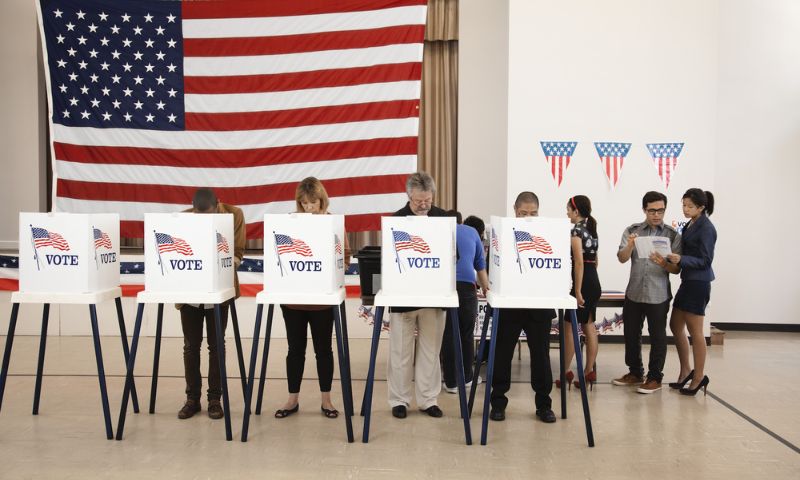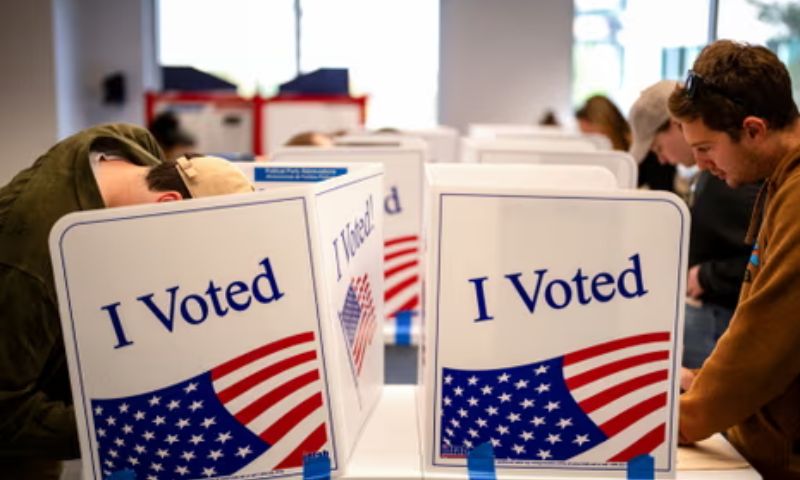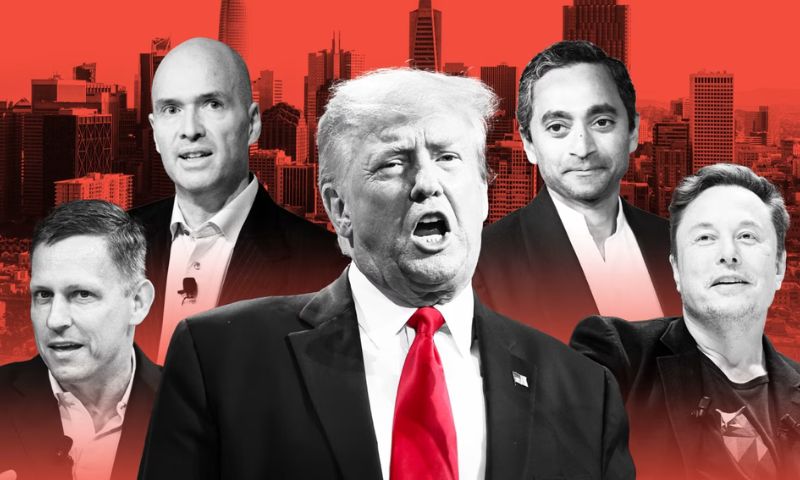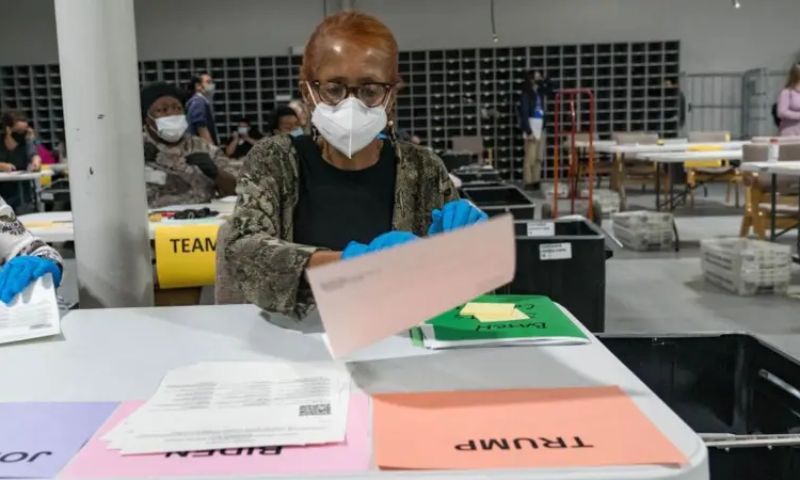WASHINGTON: US presidential candidates Kamala Harris and Donald Trump made their final appeals to voters on Monday, as Americans prepare to cast their ballots in one of the most consequential elections in recent history. With polls showing a neck-and-neck race in both national and swing-state standings, both candidates are urging voters to make their voices heard.
So far, 78 million Americans have already cast their votes through early voting, according to the University of Florida’s Election Lab. This figure represents nearly half of the total ballots counted in the 2020 election.
In a joint statement, the National Association of Secretaries of State and the National Association of State Election Directors emphasized the robustness of preparations for the election, which have been years in the making.
“Operational issues” such as long lines or late-opening polling stations may occur, they cautioned, but they reassured voters that contingencies are in place to address any disruptions. They also asked the public for patience, as “accurately counting millions of ballots takes time,” and recounts may be needed in particularly close races.
At a rally in Raleigh, North Carolina, Trump made his last appeal, drawing attention with repeated remarks on crime and immigration. He said that immigrants “don’t care” about the consequences of their actions. “They’re going after young girls. They’re going after old men. … They don’t even think about the damage and the ruin and the havoc they’ve caused,” he said.
Trump called for harsher penalties, including the death sentence, for any migrant who kills a US citizen or law enforcement officer.
This approach has drawn criticism from some quarters, with opponents accusing Trump of perpetuating unfounded narratives. According to a study by Stanford University, immigrants are statistically less likely to be involved in crime than native-born Americans, challenging a common Republican talking point.
Furthermore, research by the American Immigration Council found that while the immigrant population has grown since 1980, crime rates have dropped, casting doubt on the link between migration and criminality.
Trump also revisited the recent devastation caused by Hurricane Helene, which hit North Carolina in September, leaving many without power or water. He criticized the Federal Emergency Management Agency (FEMA) response, accusing it of diverting funds to undocumented immigrants, though the agency has committed over $100 million in disaster aid to North Carolina communities.
Meanwhile, Harris held rallies in Michigan, where she reaffirmed her commitment to peace in the Middle East amid escalating concerns over the ongoing war in Gaza. “I will do everything in my power to end the war in Gaza, to bring home the hostages, end the suffering in Gaza, ensure Israel is secure, and ensure the Palestinian people can realize their right to dignity, freedom, security, and self-determination,” she told a crowd in East Lansing, Michigan.
However, some voters remain unconvinced, particularly Arab American and Muslim American communities in Michigan. Many of these communities feel disillusioned with the Democratic Party’s stance on Israel’s military actions in Gaza and the occupied West Bank.
Alongside Harris and Trump, a handful of third-party candidates are positioned to capture enough support in swing states to potentially sway the final outcome. Green Party candidate Jill Stein, Libertarian Chase Oliver, progressive independent Cornel West, and Robert Kennedy Jr. (who suspended his campaign to endorse Trump but remains on ballots) are all drawing small but potentially decisive support in states like Michigan and Arizona.
READ ALSO: US Warns Iran Against Attacks on Israel as American B-52 Bombers Deployed in Middle East
High-profile Republicans, including Arkansas Governor Sarah Huckabee Sanders and Senator Marco Rubio, joined Trump onstage in Raleigh to endorse his bid. “We’ve never had a president who fights harder and loves this country more,” said Huckabee Sanders, urging North Carolinians to turn out at the polls.
Rubio added, “Unfortunately, our country took a wrong turn four years ago … That is going to change tomorrow, and you’re going to help change it.”
In key swing states, the competition remains razor-thin. According to FiveThirtyEight’s tracker, Harris has a slight edge in Michigan and Wisconsin, while Trump leads in Arizona, North Carolina, and Georgia. A New York Times/Siena poll indicates a dead heat in Pennsylvania, a state that could prove pivotal to both campaigns.









